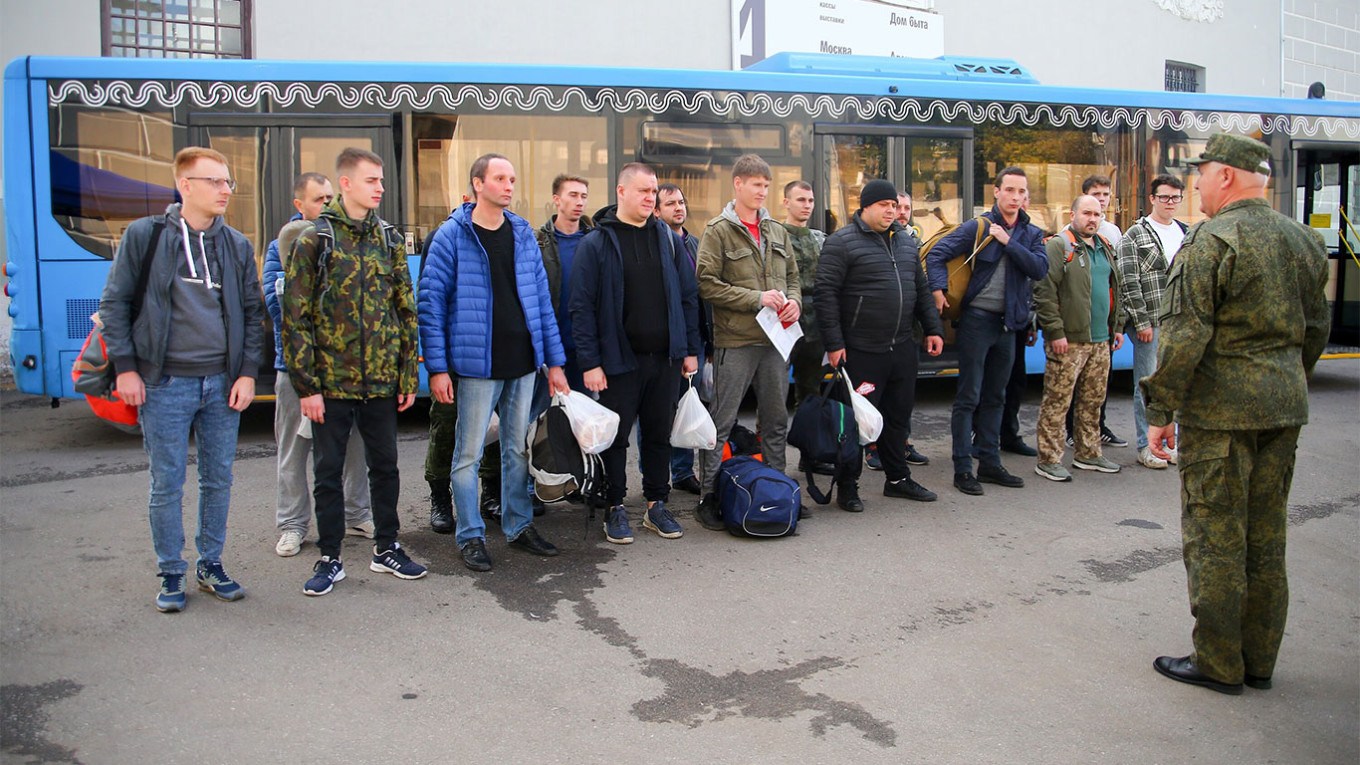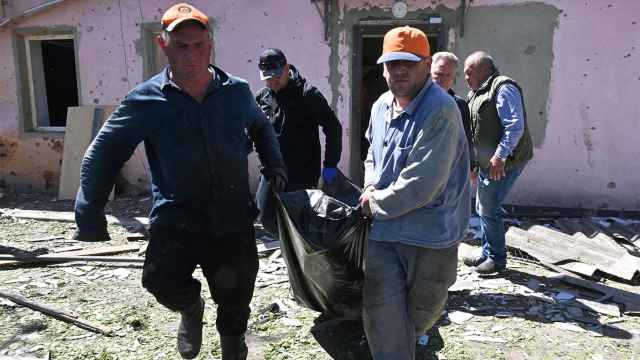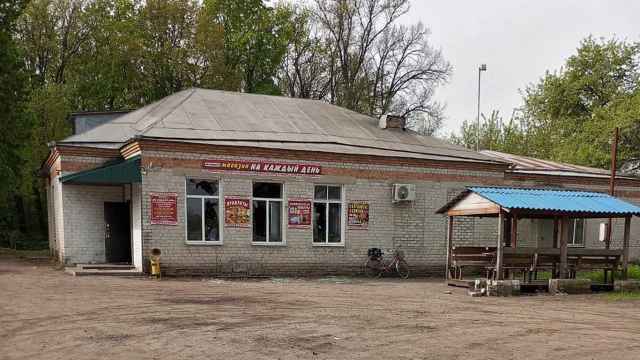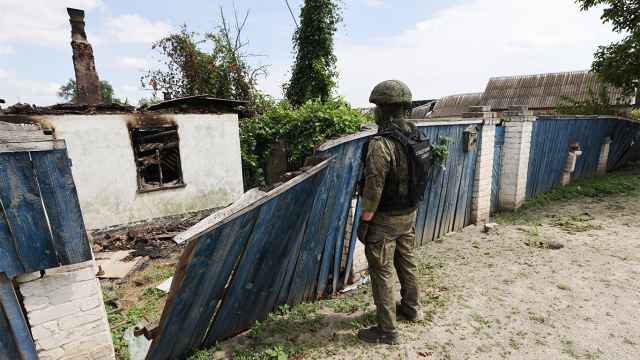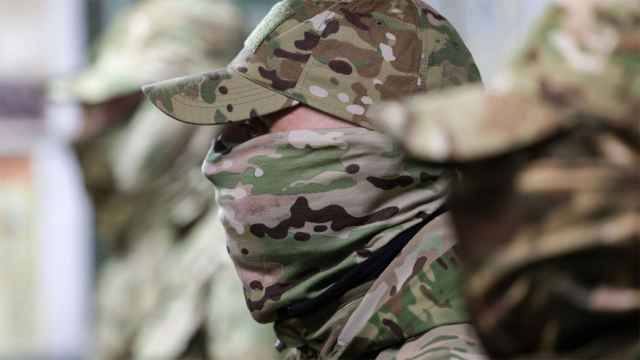Russia is sending newly mobilized recruits to the front after just days of training or none at all, rights activists said nearly a week into the country’s “partial” military mobilization for the war in Ukraine.
"[New recruits] do not participate in exercises, are not examined by the medical commission and do not undergo any training," the Perviy Otdel (First Department) rights group said in a post on Telegram on Tuesday.
The group cited a video published by an unnamed draftee who was called up to fight.
"Hello all, the first tank regiment is here. We were officially told that there would be no training before we are sent to the war zone. The regiment’s commanders confirmed this. On Sept. 29, we will be sent to Kherson," the man in the video says.
Perviy Otdel did not indicate how widespread such cases are.
Russia aims to call up 300,000 men to aid its faltering war effort in Ukraine with its partial mobilization, according to Defense Minister Sergei Shoigu.
President Vladimir Putin stipulated that those men will be called from Russia’s pool of some 2 million reservists that have “relevant” military experience.
But only 10% of this pool of reservists have completed refresher training since their initial compulsory military service, meaning many draftees are likely in need of training before being deployed to the front, according to a report by U.S. think tank RAND.
Sending men ill-prepared for battle into Ukraine will mean a sharp rise in Russian deaths on the frontlines, military analysts told The Moscow Times.
Initial footage of Russia’s mobilization has shown scores of aging men subjected to poor conditions as they await being sent to Ukraine.
Videos posted online Monday showed men sleeping without beds in army barracks as well as other footage appearing to show recruits being told to buy their own medical supplies.
A Message from The Moscow Times:
Dear readers,
We are facing unprecedented challenges. Russia's Prosecutor General's Office has designated The Moscow Times as an "undesirable" organization, criminalizing our work and putting our staff at risk of prosecution. This follows our earlier unjust labeling as a "foreign agent."
These actions are direct attempts to silence independent journalism in Russia. The authorities claim our work "discredits the decisions of the Russian leadership." We see things differently: we strive to provide accurate, unbiased reporting on Russia.
We, the journalists of The Moscow Times, refuse to be silenced. But to continue our work, we need your help.
Your support, no matter how small, makes a world of difference. If you can, please support us monthly starting from just $2. It's quick to set up, and every contribution makes a significant impact.
By supporting The Moscow Times, you're defending open, independent journalism in the face of repression. Thank you for standing with us.
Remind me later.


